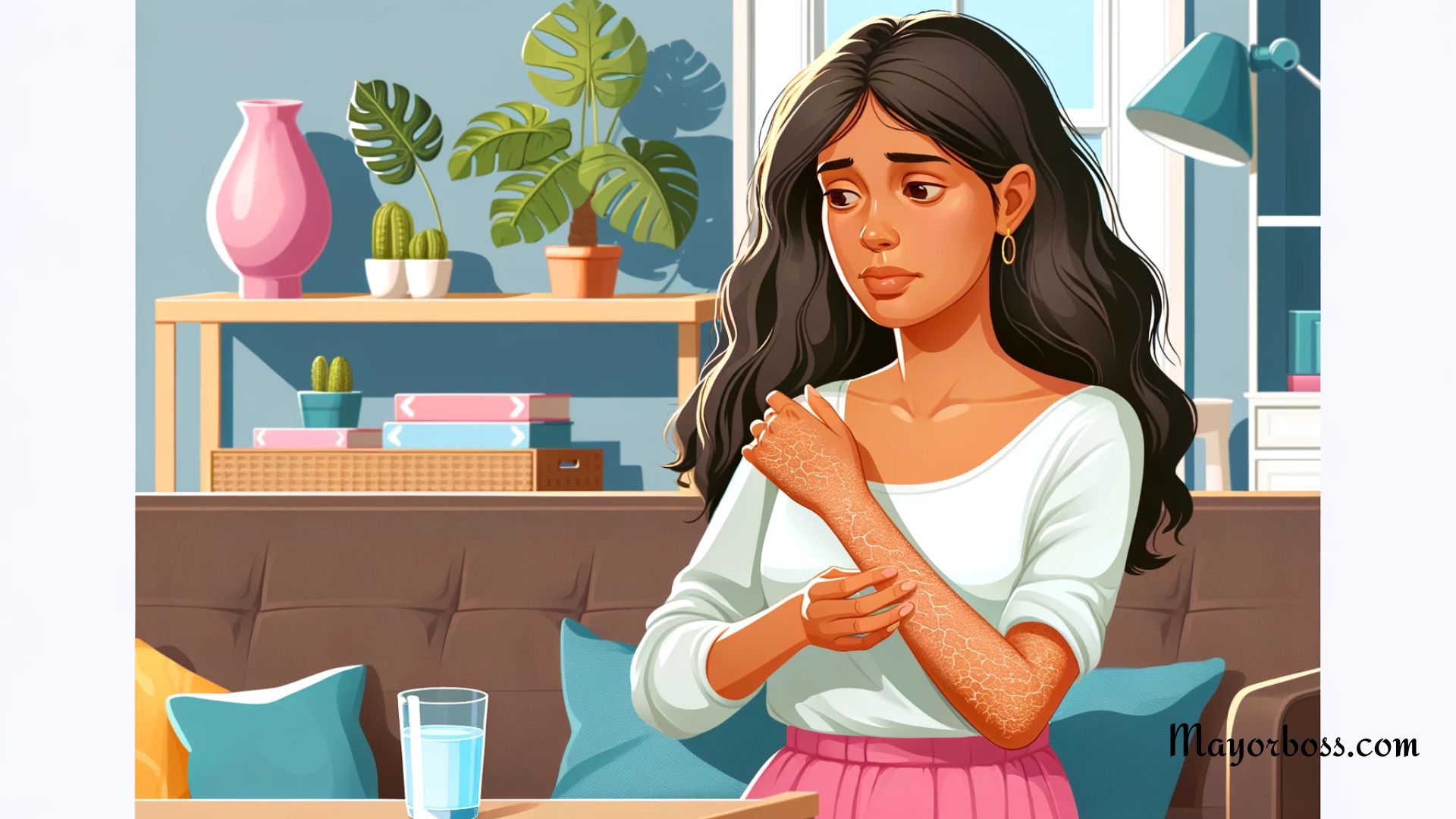From Dry Eyes, Lips, and Mouth to Dark Circles: 7 Signs of Dehydrated Skin You Shouldn’t Ignore
Have you ever looked in the mirror and noticed your skin doesn’t have its usual glow? It might not just be a bad day; your skin could be telling you it’s dehydrated. Dehydration impacts not just your body but also your skin, leading to a range of issues. This article describes six signs of dehydrated skin that you should definitely not overlook.
1. Dry Eyes, Lips, and Mouth
When we talk about dehydrated skin, it’s not just about the surface. Dry eyes, chapped lips, and a dry mouth can all signal that your body, including your skin, is lacking hydration. These are areas where the skin is delicate and more prone to showing the effects of dehydration.
Moreover, the skin around your eyes is especially thin, so dehydration can lead to dryness and irritation. Chapped lips are another common sign, and a dry mouth can further exacerbate the feeling of overall dehydration. If you notice these symptoms, it’s a clear indicator that your body and skin need more hydration.
2. Dull and Lackluster Skin
Have you ever noticed your skin losing its radiance? Dullness is a telltale sign of dehydrated skin. When your skin lacks moisture, it primarily loses its plumpness and resilience, leading to a less vibrant, dull appearance. This lack of glow is often more noticeable when the skin is dehydrated.
3. Increased Skin Sensitivity
Dehydration can weaken your skin’s protective barrier, making it more susceptible to irritants. This can lead to increased sensitivity, redness, and irritation. If you find your skin reacting more than usual to products or environmental factors, dehydration could be a contributing factor.
4. Fine Lines and Wrinkles Become More Evident
Fine lines and wrinkles are a natural characteristic of aging, but did you know that dehydration can make them appear more pronounced? When the skin is dehydrated, it can cause these signs of aging to be more noticeable. Keeping your skin hydrated can help decrease their appearance and prevent new ones from forming.
5. Dark Circles Under the Eyes
Dark circles under your eyes can be a sign of many things, including genetics and lack of sleep. However, dehydration can also cause the skin under your eyes to appear darker. This is due to the skin being thinner in this area, making blood vessels more visible when the skin is not adequately hydrated.
6. Rough, Flaky Skin
A more obvious sign of dehydrated skin is a rough, flaky texture. When the skin lacks moisture, it can become dry and start to flake. This can be particularly noticeable on the face, hands, and legs, where the skin is often more exposed to the elements.
7. Sunken Eyes
Sunken eyes are another sign of dehydration. This is because the skin under your eyes is very thin and delicate. When you’re dehydrated, the skin can lose volume, making your eyes look sunken.

How to Rehydrate Your Skin
- Drink plenty of water. The American Academy of Dermatology recommends drinking eight 8-ounce glasses of water per day.
- Moisturize regularly. Use a moisturizer that is appropriate for your skin type.
- Avoid using harsh soaps and detergents. Opting for gentle soaps and detergents free from harsh chemicals avoids stripping the skin of its natural oils and further exacerbating dryness.
- Use a humidifier. Adding moisture to the air with a humidifier, particularly during dry winter months, can significantly improve skin hydration levels.
- Eat fruits and vegetables. Fruits and vegetables are high in water content, which can assist in hydrating your skin from the inside out.
- Limit your alcohol intake. Alcohol is a diuretic, which means it can make you urinate more frequently. This can lead to dehydration.
In addition to the tips above, here are some other things you can do to keep your skin healthy:
- Get enough sleep. When you’re sleep-deprived, your skin can become dehydrated.
- Manage stress. Stress can also lead to dehydration.
- Exercise regularly. Exercise helps to improve your circulation, which can help to supply oxygen and nutrients to your skin.
When to See a Doctor
If you’re concerned about your skin, seeing a doctor is always a good idea. They can help you determine the cause of your skin problems and recommend the best treatment.
Dehydration can have several adverse effects on your skin. By following the tips in this article, you can help to keep your skin healthy and hydrated.
